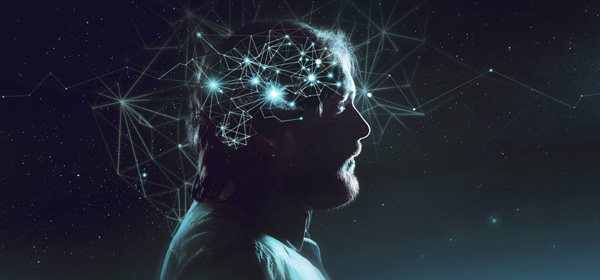For some time, there has been controversy over whether adult humans grow new brain cells (neurons), and some research has previously suggested that the adult brain was hard-wired and that adults did not grow new neurons.
A new study, published in the journal Cell Stem Cell, counters that notion.
Lead researcher Maura Boldrini, associate professor of neurobiology at Columbia University, says the findings may suggest that many senior citizens remain more cognitively and emotionally intact than commonly believed.
“We found that older people have a similar ability to make thousands of hippocampal new neurons from progenitor cells as younger people do,” Dr Boldrini explains.
“We also found equivalent volumes of the hippocampus (a brain structure used for emotion and cognition) across ages. Nevertheless, older individuals had less vascularisation and maybe less ability of new neurons to make connections.”
The researchers performed autopsies on the brains from 28 previously healthy individuals aged 14-79 who had died suddenly.
This is the first time researchers looked at newly formed neurons and the state of blood vessels within the entire human hippocampus soon after death. (The researchers had determined that study subjects were not cognitively impaired and had not suffered from depression or taken antidepressants, which Dr Boldrini and colleagues had previously found could impact the production of new brain cells.)
In rodents and primates, the ability to generate new brain cells declines with age. Waning production of neurons and an overall shrinking of the region of the hippocampus thought to help form new episodic memories, was believed to occur in ageing humans as well.
Instead, the researchers found that even the oldest brains they studied produced new brain cells.
Nevertheless, older individuals form fewer new blood vessels within brain structures.
Dr Boldrini surmised that reduced cognitive-emotional resilience in old age may be caused by this smaller pool of neural stem cells and reduced cell-to-cell connectivity within the hippocampus.
She says that future research on the ageing brain will continue to explore how neural cell proliferation, maturation, and survival are regulated by hormones, transcription factors, and other inter-cellular pathways.
What do you think? Do you still feel like you have a healthy mind? Have you noticed your brain ageing? What signs have you seen in others?
Related articles:
Health issues that mimic dementia
Why older people lose their way
Nanna naps increase dementia risk

